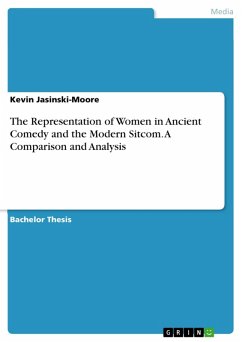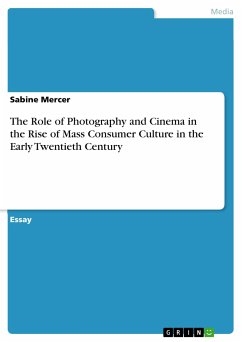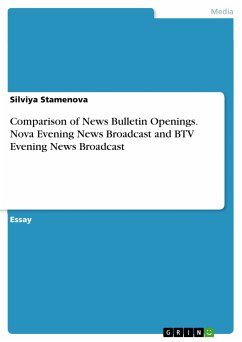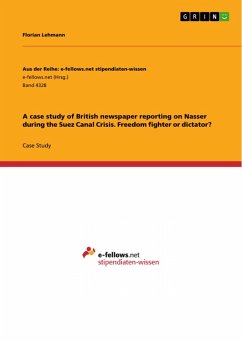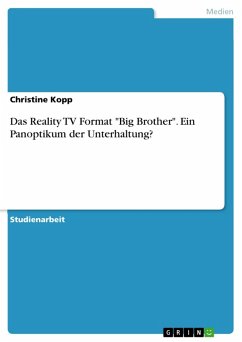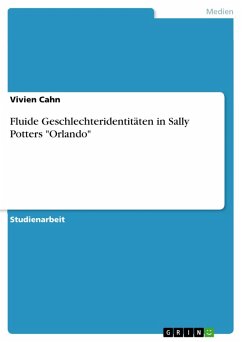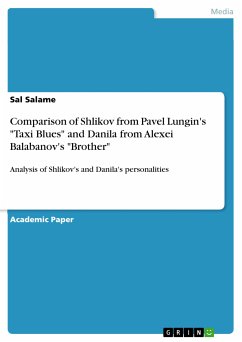
Comparison of Shlikov from Pavel Lungin's "Taxi Blues" and Danila from Alexei Balabanov's "Brother" (eBook, PDF)
Analysis of Shlikov's and Danila's personalities

PAYBACK Punkte
0 °P sammeln!
Academic Paper from the year 2020 in the subject Communications - Movies and Television, grade: A+, , course: Russian Cinema, language: English, abstract: The chaos and plight of Russian citizens was reflected in cinema throughout these years and was even encouraged due to Gorbachev's political relaxation and lack of censorship. Pavel Lungin's "Taxi Blues" (1990) and Alexei Balabanov's "Brother" (1997) are great examples of such films that expose the reality of life in Russia. "Taxi Blues" and "Brother" both present the harsh side of life such as criminal networks, violence, psychological torm...
Academic Paper from the year 2020 in the subject Communications - Movies and Television, grade: A+, , course: Russian Cinema, language: English, abstract: The chaos and plight of Russian citizens was reflected in cinema throughout these years and was even encouraged due to Gorbachev's political relaxation and lack of censorship. Pavel Lungin's "Taxi Blues" (1990) and Alexei Balabanov's "Brother" (1997) are great examples of such films that expose the reality of life in Russia. "Taxi Blues" and "Brother" both present the harsh side of life such as criminal networks, violence, psychological torment and stress. However, both films differ in how the main character deals with these problems and each character's personality is the main factor that leads to their different outcome. "Taxi Blues" presents a Shlikov, a neurotic character with a Type A personality who ineffectively deals with his life's plight and struggles while "Brother" presents Danila, a more relaxed man with a Type B personality that provides him with more efficient problem solving skills and resilience.
Dieser Download kann aus rechtlichen Gründen nur mit Rechnungsadresse in A, B, BG, CY, CZ, D, DK, EW, E, FIN, F, GR, HR, H, IRL, I, LT, L, LR, M, NL, PL, P, R, S, SLO, SK ausgeliefert werden.






